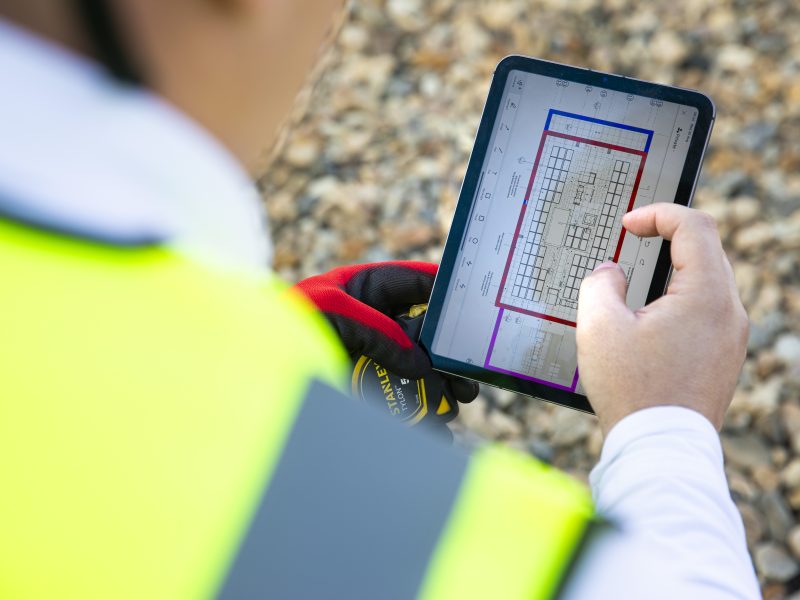

Our expertise
Pioneering the way with the most advanced ideas to solve the most complex problems.
Find out moreAldgate
Hub / Bridges Fund Management
Morris+Co
Tender / Procurement
London Structure Lab / Max Fordham
150 Minories represents an exciting and visionary repurposing of a 1950s commercial building in Aldgate, London. The project seeks to transform an underutilised office space into a vibrant, sustainable co-living community that fosters connection and well-being. The development is led by Impact investor Bridges Fund Management, in partnership with developer HUB, and is designed by Morris+Co. With a focus on sustainability, low-carbon principles, and high-quality living, the project aims to address London’s chronic housing shortage while contributing positively to the surrounding area. It is set to deliver up to 277 new homes, offering a mix of private living spaces and shared amenities that support community engagement.
operational carbon goal
carbon reduction through repurposing
electric, low-energy living
We are integral to the successful delivery of 150 Minories, providing specialist expertise in both cost management and carbon management throughout the project’s planning and design stages. Our collaborative approach ensures that sustainability and financial viability are carefully balanced, supporting the project’s ambitious goals of achieving net zero operational carbon and significantly reduced embodied carbon.
Our involvement spans early-stage cost estimation through to the development of a detailed carbon management strategy. Our carbon studies were a key component of the planning consent, having been reviewed by the City of London and independently verified by a third party as part of the planning process. By reusing the existing building’s structure and adopting a fabric-first approach, our input has helped to keep the project within budget while minimising its environmental impact.
Building on this momentum, we are drawing on our experience to work closely with the design team in preparation for a Gateway 2 submission in 2025, following the conclusion of the procurement process.



The 150 Minories site presents an opportunity to transform a 1950s office building into a modern residential scheme. The design focuses on retaining the existing structure, particularly the frame and foundations, which will reduce embodied carbon by around 30% compared to a new build. This sustainable approach not only contributes to carbon reduction but also ensures a more efficient use of materials, aligning with Circle’s carbon management principles. By adapting the existing building, the project demonstrates a commitment to both sustainability and resource efficiency.
Prioritising creating a thriving, co-living community with a blend of private and shared spaces. Each residential unit will offer living areas, complemented by a variety of communal amenities, including cooking and dining spaces, lounges, a gym, and a cinema room. The design also incorporates outdoor terraces to promote health and well-being. A public pocket park at Vine Street will serve as a green sanctuary, offering seating, recreational facilities, and space for community activities. This combination of private and public spaces is intended to foster social interaction and enhance residents’ quality of life.


The project is committed to minimising environmental impact, aiming for net zero operational carbon. The building will feature all-electric systems, including air source heat pumps and photovoltaics, with a focus on energy efficiency through fabric-first design principles. In terms of connectivity, the design enhances cycle and pedestrian access, integrating the building seamlessly into the Aldgate area. Ground-floor spaces such as a café, co-working area, and wellness hub will be accessible to the public, contributing to both the social fabric and the local environment.